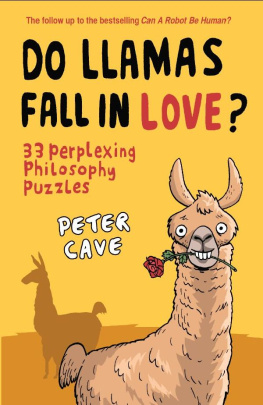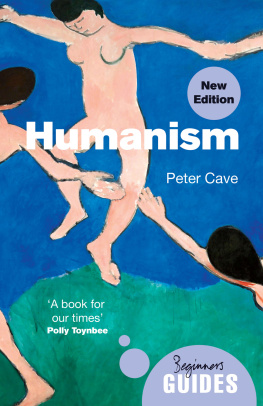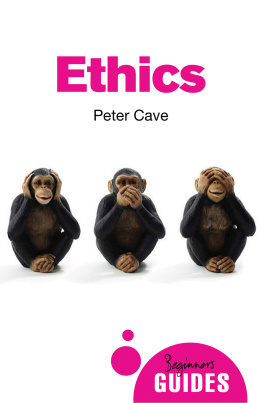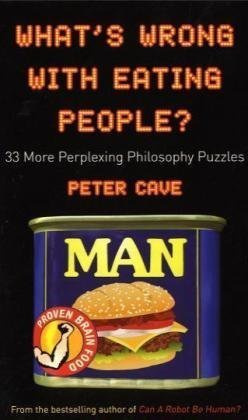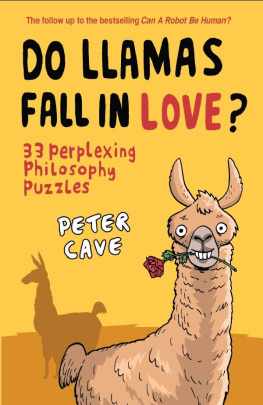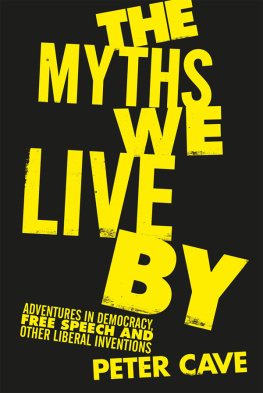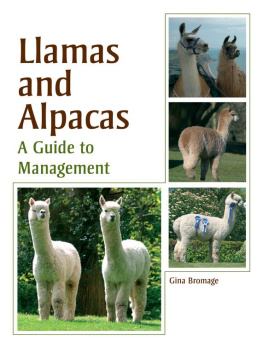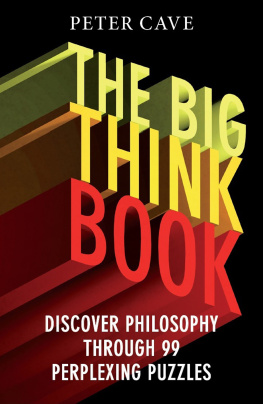Peter Cave - Do Llamas Fall in Love?
Here you can read online Peter Cave - Do Llamas Fall in Love? full text of the book (entire story) in english for free. Download pdf and epub, get meaning, cover and reviews about this ebook. year: 2011, publisher: Oneworld Publications, genre: Romance novel. Description of the work, (preface) as well as reviews are available. Best literature library LitArk.com created for fans of good reading and offers a wide selection of genres:
Romance novel
Science fiction
Adventure
Detective
Science
History
Home and family
Prose
Art
Politics
Computer
Non-fiction
Religion
Business
Children
Humor
Choose a favorite category and find really read worthwhile books. Enjoy immersion in the world of imagination, feel the emotions of the characters or learn something new for yourself, make an fascinating discovery.
- Book:Do Llamas Fall in Love?
- Author:
- Publisher:Oneworld Publications
- Genre:
- Year:2011
- Rating:5 / 5
- Favourites:Add to favourites
- Your mark:
- 100
- 1
- 2
- 3
- 4
- 5
Do Llamas Fall in Love?: summary, description and annotation
We offer to read an annotation, description, summary or preface (depends on what the author of the book "Do Llamas Fall in Love?" wrote himself). If you haven't found the necessary information about the book — write in the comments, we will try to find it.
Do Llamas Fall in Love? — read online for free the complete book (whole text) full work
Below is the text of the book, divided by pages. System saving the place of the last page read, allows you to conveniently read the book "Do Llamas Fall in Love?" online for free, without having to search again every time where you left off. Put a bookmark, and you can go to the page where you finished reading at any time.
Font size:
Interval:
Bookmark:
Do Llamas Fall in Love?
About the Author
Writer and broadcaster Peter Cave lectures in philosophy for The Open University. He chairs the Humanist Philosophers of Great Britain and is often in debates, talking about paradoxes, and arguing for good reasoning, especially in ethical, political and religious life. He frequently contributes to philosophy journals and magazines from the academic to the popular, gives talks on philosophy both here and abroad, and introduced BBC radio listeners to a paradoxical fair of fun. Philosophy and reflection, he feels, are often helped when enlivened with tales, images and the occasional touch of humour. He lives in Soho, London.
33 Perplexing Philosophy Puzzles
Peter Cave

A Oneworld Book
Published by Oneworld Publications 2010
Reprinted 2010
This ebook edition published by Oneworld Publications 2011
Copyright Peter Cave 2010
The moral right of Peter Cave to be identified as the Author of this work has been asserted by him in accordance with the Copyright, Designs and Patents Act 1988
All rights reserved
Copyright under Berne Convention
A CIP record for this title is available from the British Library
ISBN 9781780740171
Typeset by Glyph International, Bangalore India
Cover design by vaguelymemorable.com
Oneworld Publications
185 Banbury Road
Oxford, OX2 7AR
Dedicated to all those who forever lack dedications
Philosophy is the disease of which it is the cure.
If you puzzle and reflect on why, or whether, there are some things you ought or ought not to do some things that are good; some things bad then you are something of a philosopher. If you wonder how things really are whether the mind is nothing but the brain; whether the world is divinely caused you are something of a philosopher. And if you sometimes raise puzzling questions such as What does it all mean? and Whats the point?, there is yet more evidence of your living within the philosophers realm.
Philosophers argue and debate, weave and stumble, and then clarify, within these three realms: of how things ought to be; how things are; and how there is meaning. There is a fourth, concerning knowledge acquisition: the puzzle of how (and if) we can have knowledge of those matters within the three other realms. That gives rise to a fifth, logic, concerning how to reason and argue well about all matters.
This book contains puzzling questions within the five areas mentioned above. The puzzles and perplexities, including some formal paradoxes, range from anguishes of morality and our understanding of the arts, of democracy and religion to paradoxes of language, logic and love to rationality and how best to conduct researches zoological. Yes, I managed an A to Z in that sentence.
The puzzles, tales and little dialogues are designed to make us think about deep matters with which we live day by day. Philosophy may have the image of being distant, abstract and out of this world; but the subject does not have to be like that and often it is not. Thus, the perplexities here often engage an everyday context, sometimes touched with humour. Philosophy can be fun; it can also be addictive. Philosophy reflects on some of our most basic understandings about the world and ourselves, and seeks to expose misunderstandings. Let me, in this Preface, by way of a few tales, draw attention to how some misunderstandings may occur.
Two of the most eminent philosophers of the early twentieth century were the Cambridge philosophers, Bertrand Russell and G. E. Moore. Moore was perceived as a man of complete honesty and integrity. Russell was worldly wise, a lover of many women and mischievous. One day, Russell naughtily asked Moore if he always spoke the truth. Moore, being suitably modest, replied No. What should we conclude?
Moores answer amounted to, I do not always speak the truth. Let us assume, though, that Moore was indeed being modest and everything else Moore ever said was true. Moores answer now amounts to, What I am saying now is not true. But that is baffling for if what he is saying is not true, then, as that is what he is saying, it is after all true. Moreover, if it is true, it is not true. And that is a contradiction. We meet related paradoxes and some modesty in .
A statement is self-contradictory when there is no way in which it can be true. There is no way it can be true that this sentence is both written in English and not in English. Two statements contradict each other, when if one is true, the other must be false; and if one is false, the other must be true. Philosophers seek consistency, the avoidance of contradictions and other inconsistencies.
Inconsistencies do not exist out there in nature. They arise when we represent, think or speak of the world and find ourselves entangled, as we did when reflecting on Moores reply to Russell. Philosophical reflection reveals many tangles in our assumptions and ways of living that is, so to speak, the philosophical disease. Philosophical reflection guides us out of the tangled darkness into the light: well, that is the hope and the hoped-for cure.
Arguably the greatest twentieth-century philosopher is Ludwig Wittgenstein. When he first arrived in Cambridge, where he was quickly seen as a tormented arrogant genius, Russell (yes, the same Russell as above) told him to learn some logic from W. E. Johnson, the established logician. They survived only one session together. Afterwards, Wittgenstein reported back to Russell, He could teach me nothing. Johnson reported back to friends, I could teach him nothing.
Johnson and Wittgenstein, in a sense, were both saying the same thing about Johnson; but they meant very different things. Johnson perceived the young Wittgenstein as conceited and unprepared to listen. Wittgenstein thought of Johnson as fuddy-duddy, out of date. Later, in fact, they became close friends, with Wittgenstein admiring Johnsons piano-playing radically more so than ever he did Johnsons logic.
The story reminds us that we need to pay careful attention to meaning to what is intended by a statement and this requires attention to context, motives and presuppositions. If I say that I saw the Prime Minister on television last night, adding that he was sober, my words alone do not logically imply that he is usually intoxicated; but, given the context and presuppositions, frequent intoxication is conveyed it is the conversational implicature of what I said.
Casimir Lewy, a philosopher who attended Moores and Wittgensteins lectures, was once asked his view of a colleagues recent book. Its printed on fine quality paper, came his heavily Polish-accented response. Nothing more needed to be said. Mind you, when the incident was more recently related, the hearer asked, So, what did Lewy think of the book? The wise reply was, I think that Ive just told you.
Wittgenstein famously and controversially said, Philosophy is the battle against the bewitchment of our intelligence by means of language. Well, many philosophers strongly reject the idea that philosophical puzzles are just linguistic matters see what you think as you read on but all would agree that linguistic care is much needed.
Sren Kierkegaard, a nineteenth-century Danish philosopher, now seen as a religious existentialist, saw a shop with the sign Bring your washing here. Kierkegaard hurried back to his lodgings, collected his dirty washing and took it to the shop only to discover that the shop was not a laundry, but a shop that sold shop-signs. The tale reminds us that we need to be careful in assessing what a sign is a sign of. Where signs are displayed is important for correct interpretation of the signs; and matters of interpretation come especially to the fore when we consider questions of how we ought to behave.
Next pageFont size:
Interval:
Bookmark:
Similar books «Do Llamas Fall in Love?»
Look at similar books to Do Llamas Fall in Love?. We have selected literature similar in name and meaning in the hope of providing readers with more options to find new, interesting, not yet read works.
Discussion, reviews of the book Do Llamas Fall in Love? and just readers' own opinions. Leave your comments, write what you think about the work, its meaning or the main characters. Specify what exactly you liked and what you didn't like, and why you think so.

